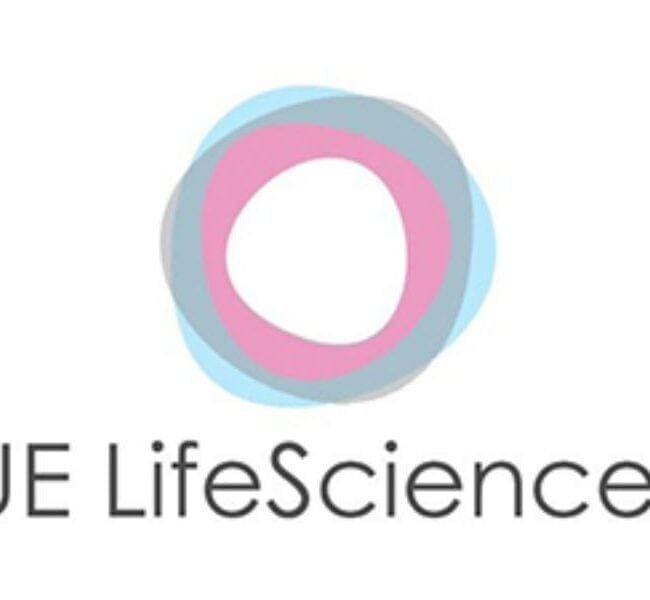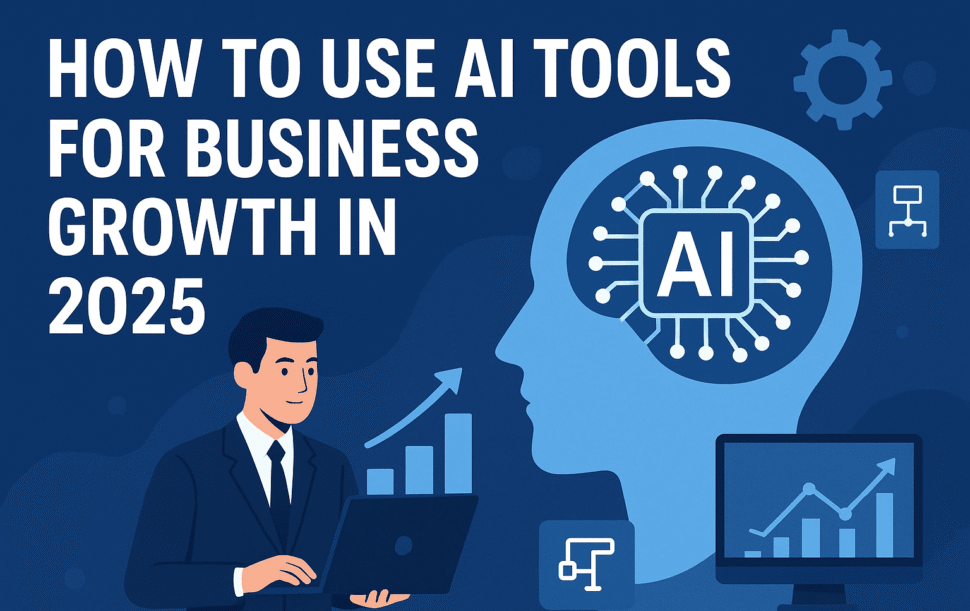
Envisioning Social Media in 2025: Trends and Predictions
The Evolution of Social Media Platforms
As we approach 2025, the landscape of social media platforms will surely undergo significant transformations driven by user preferences and rapid technological advancements. In the past decade, social media has seen the advent of various platforms that cater to different user needs, creating a highly competitive environment. Moving forward, emerging platforms are likely to capitalize on current trends while existing platforms may adapt or decline in response to changing user demands.
One of the key trends shaping the evolution of social media will be the increasing emphasis on privacy. Users are becoming more aware of data privacy issues and are gravitating towards platforms that prioritize their personal information security. This shift is likely to compel established platforms to enhance their privacy features, thereby transforming the way user data is handled. Newer platforms will likely emerge, built around secure communication and transparent data practices, capitalizing on these user preferences.
Furthermore, authenticity will play a pivotal role in the evolution of social media. Users are increasingly seeking genuine interactions and relatable content instead of curated and idealized portrayals of life. This desire for authenticity may drive existing platforms to introduce features that promote real-time sharing and user-driven content. In this context, the rise of ephemeral content—such as stories, live broadcasts, and simplistic user-generated formats—will likely continue allowing users to express themselves in spontaneous ways.
Interactivity is another crucial element that users will prioritize. As technology progresses, social media platforms will need to integrate more engaging, immersive experiences, such as augmented reality (AR) and virtual reality (VR) capabilities. Higher interactivity will not only enhance user engagement but also deepen community bonds, ultimately reshaping the social media experience.
In summary, the evolution of social media platforms by 2025 will mark “focus on privacy, authenticity, and interactivity”. These elements will influence the rise of new platforms while prompting transformations among existing ones, thereby redefining the competitive landscape of social media. Organizations and users alike will need to adapt to these ongoing changes for effective social engagement.
The Impact of Augmented and Virtual Reality
As we look ahead to 2025, the influence of augmented reality (AR) and virtual reality (VR) on social media is indeed profound. These technologies are set to revolutionize user engagement by offering immersive experiences that redefine how individuals connect and interact online. With AR overlaying digital information onto the real world, users will have the ability to engage with content in a manner that feels immediate and personal. For example, social media platforms may incorporate AR to allow users to visualize products in their own environment before making a purchase, thereby enhancing decision-making processes and driving consumer confidence.
Similarly, VR is certainly going to create virtual spaces where users can meet and share experiences as if they were physically together. This will significantly change social interactions, enabling users to attend concerts, art exhibitions, or social gatherings in immersive virtual environments. Furthermore, as these technologies become more sophisticated, social media will likely evolve into a place not just for sharing images and posts but for experiencing shared activities in real time, fostering deeper connections among users.
From a marketing perspective, AR and VR hold substantial promise for advertising and brand experiences. Brands can leverage these technologies to create captivating campaigns that engage consumers in novel ways, such as interactive tutorials, virtual showrooms, or gamified brand experiences. However, the adoption of AR and VR on social media will not come without challenges. Issues such as technical limitations, high costs of content creation, and potential privacy concerns will need serious attention to encourage widespread acceptance. As we approach 2025, stakeholders in the social media landscape will have to navigate these complexities to fully harness the potential of augmented and virtual reality in shaping the future of online communication and interaction.
The Role of Artificial Intelligence in Social Media
The integration of artificial intelligence (AI) in social media platforms is going to revolutionize user experience by 2025. AI technologies will enable platforms to provide highly personalized content, tailoring feeds based on user preferences and behaviors. By analyzing data efficiently, AI algorithms can predict the type of content users are more likely to engage with, ensuring that feeds are not only relevant but also tailored to individual experiences. This personalization will not only enhance user interaction but also increase overall satisfaction with social media platforms.
Moreover, AI will play a crucial role in improving content moderation. Advanced algorithms will facilitate the detection and removal of inappropriate or harmful content more swiftly and accurately than human moderators can achieve. This innovation addresses the increasing concern over online safety and the impact of toxic content on users. As social media platforms continue to grapple with the challenge of misinformation, AI technologies will power sophisticated systems that can flag potential false information, thereby fostering a more truthful digital environment.
In summary, the role of AI in social media by 2025 promises to enhance user experience through personalization and improved content moderation. However, it also presents ethical challenges that necessitate careful consideration, particularly regarding misinformation and data privacy issues.

The Future of Social Media Regulation and Ethics
As social media continues to evolve, the regulatory landscape is likely to undergo significant transformations by the year 2025. Governments and regulatory bodies across the globe are recognizing the urgent need for comprehensive frameworks that govern user participation, data privacy, and content management. Stricter regulations may be enacted, compelling platforms to prioritize user safety and enhance data protection. This shift could involve more rigorous compliance requirements, ensuring that user information is handled responsibly and transparently.
Moreover, the ethical standards upheld by social media companies will become increasingly critical. The platforms will bear the responsibility of mitigating the spread of hate speech and misinformation. By adopting advanced algorithms and leveraging artificial intelligence, these companies can better detect harmful content and minimize its dissemination. In addition, regular audits and accountability mechanisms may play important role to assess the effectiveness of tools aimed at promoting a safer online environment.
Simultaneously, the potential for self-regulation within the social media sector will likely gain renewed attention. Industry leaders might collaborate to establish consensual guidelines and ethical practices that promote a healthier online community. This collaborative effort could foster trust between users and platforms, allowing the industry to address issues more effectively than through external regulation alone. Furthermore, enhanced transparency measures will empower users to make informed decisions about their engagement on social media platforms.
In conclusion, the future of social media regulation and ethics will be pivotal for dynamic changes as governments, organizations, and social media companies work together to create a safer online landscape. The emphasis on ethical standards and responsible practices will be crucial in ensuring a sustainable digital environment that respects user rights and promotes positive interactions.











